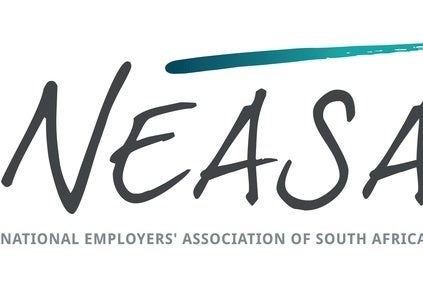
South Africa employers body, NEASA, says the extra 2% required to meet today’s settlement figure of 10% and end the country’s crippling metalworking strike, is unaffordable for many of its members.
NEASA is refusing to accept a deal agreed between the National Union of Metalworkers of South Africa (NUMSA) and the Steel and Engineering Industries Federation of Southern Africa (SEIFSA) worth 10% each year for the lowest paid workers until 2016.

Discover B2B Marketing That Performs
Combine business intelligence and editorial excellence to reach engaged professionals across 36 leading media platforms.
The majority of NEASA’s 3,000 members are small and medium enterprises, which have been hit in the metalworkers walkout that has seen around 220,000 NUMSA employees on strike for nearly five weeks, heavily impacting South African suppliers and automakers.
NUMSA and SEIFSA are due to ink a deal near Johannesburg this afternoon (29 July), but NEASA is asking its members to bar entry to those who went on strike.
“We have asked our members to do a lock-out on the strike workers,” a NEASA spokeswoman told just-auto from Pretoria. “We are just getting a sense now of what is happening in the various businesses.
“We represent 3,000 employers across the country, which is about 80,000 workers, so it is quite a large portion. “Two per cent does not sound like a lot, but it is a lot especially for our members…they simply cannot afford to go higher than 8%.”
NEASA adds it is not a signatory to today’s agreement and no-one can force a 10% settlement on its members, although it concedes South Africa Labour Minister, Mildred Oliphant, may be asked by the other parties to extend the deal to the whole industry.
If that occurs, NEASA will petition the Minister to overturn the decision.
The employer body noted the strike was “really bad news for the economy,” coming soon after South Africa’s five-month mining walkout and amid industrial unrest, which has been simmering across the country as low-paid workers try to improve wages and conditions.
“Car manufacturers had to close their doors or downscale their production,” said the NEASA spokeswoman. “Everyone is [pleased] the strike is over, but we are very concerned about the high cost of the industry itself.
“The metal industry is one of the most expensive in the country. If you give in now, then what is going to happen in the next three years?”
South Africa underwent another massive automotive strike in September last year, which was estimated to cost US$58m per day for its three-week duration, but the Department of Labour declined previously to put a figure on the financial implication of the latest walk out.






